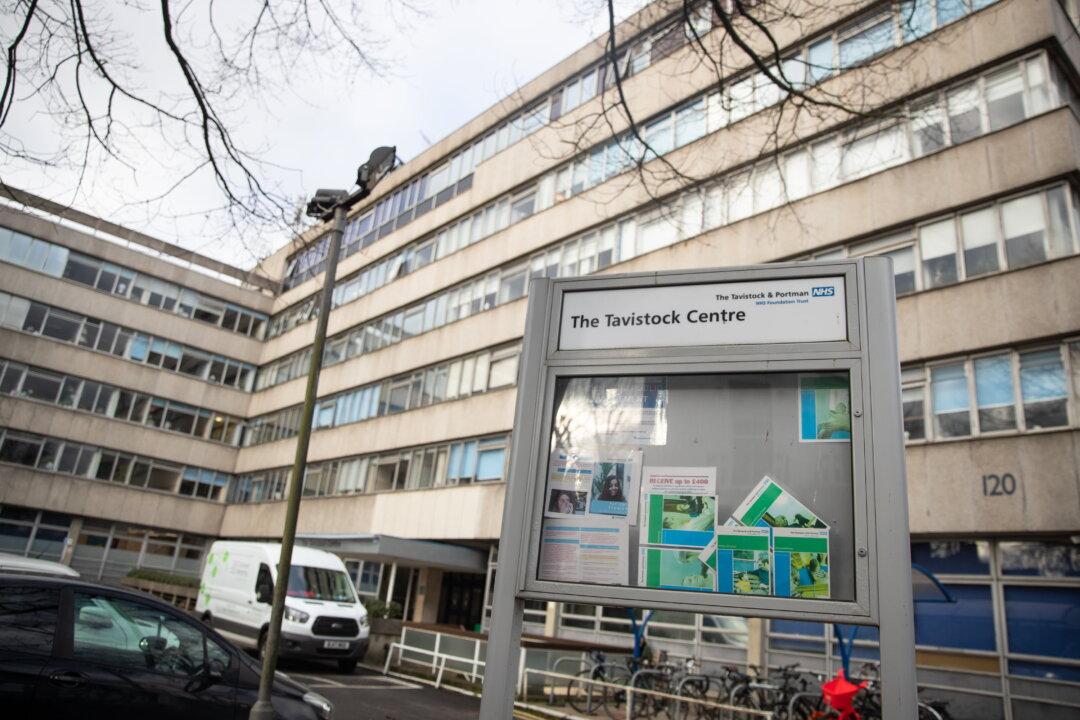A transgender clinic for minors that has been accused of rushing vulnerable children into treatment is to close, though a rise in gender dysphoria cases means that the NHS is moving to a new model with “strong links to mental health services.”
The Tavistock Centre in London, which runs England’s only NHS gender identity development service (GIDS), is to close by next spring after an official report in February found issues around safety (pdf).





